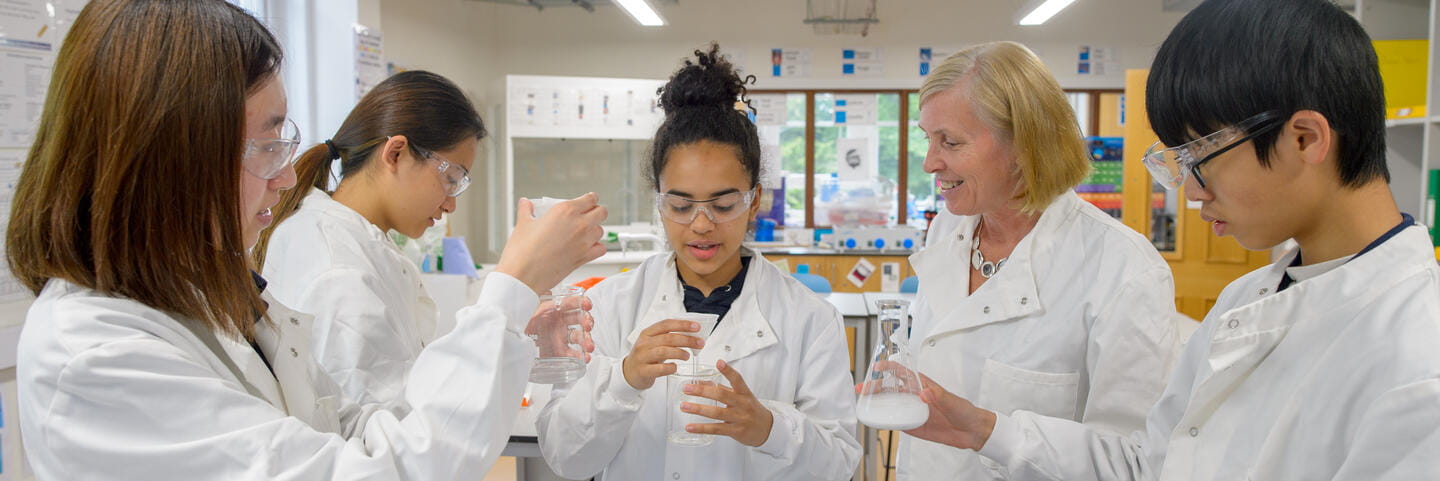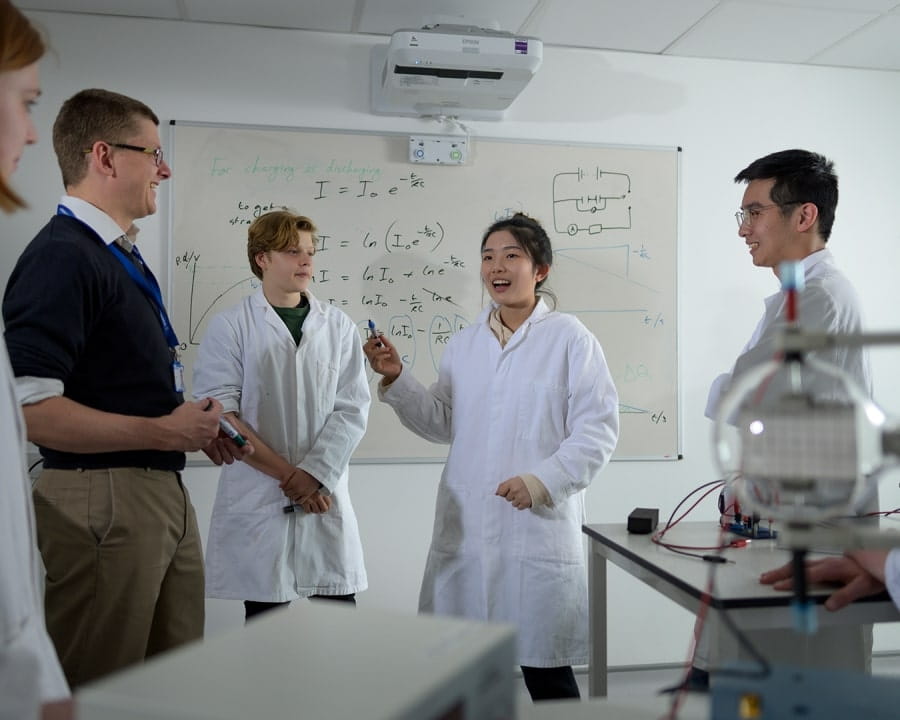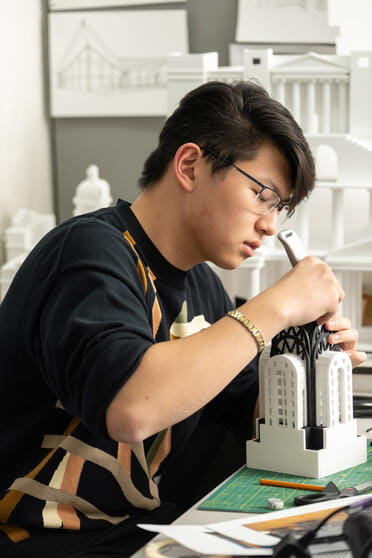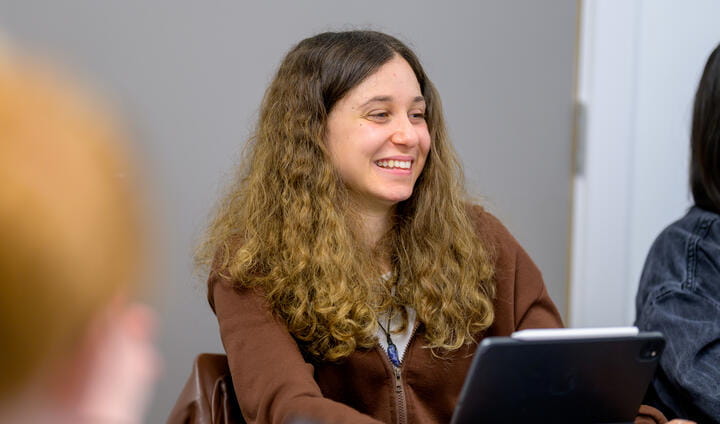We use cookies to improve your online experiences. To learn more and choose your cookies options, please refer to our cookie policy.
Charlie studied Physics at Jesus College, Oxford, specialising in Condensed Matter Physics and Seismology. Afterwards he accidentally found himself teaching science in the Chouf region of Lebanon. Having experienced the pleasure of talking about Physics to a captive audience he returned to Oxford for his PGCE. Charlie taught in Eynsham for 5 years before moving to d’Overbroeck’s in 2009.
Outside the classroom Charlie is a fan of all things science fiction, a relentless board gamer, an inadequate rock climber, and a sleep deprived father.












